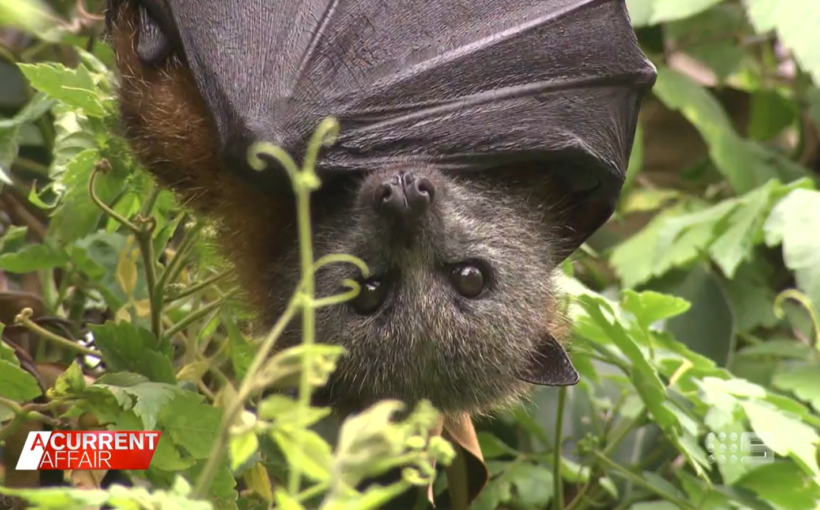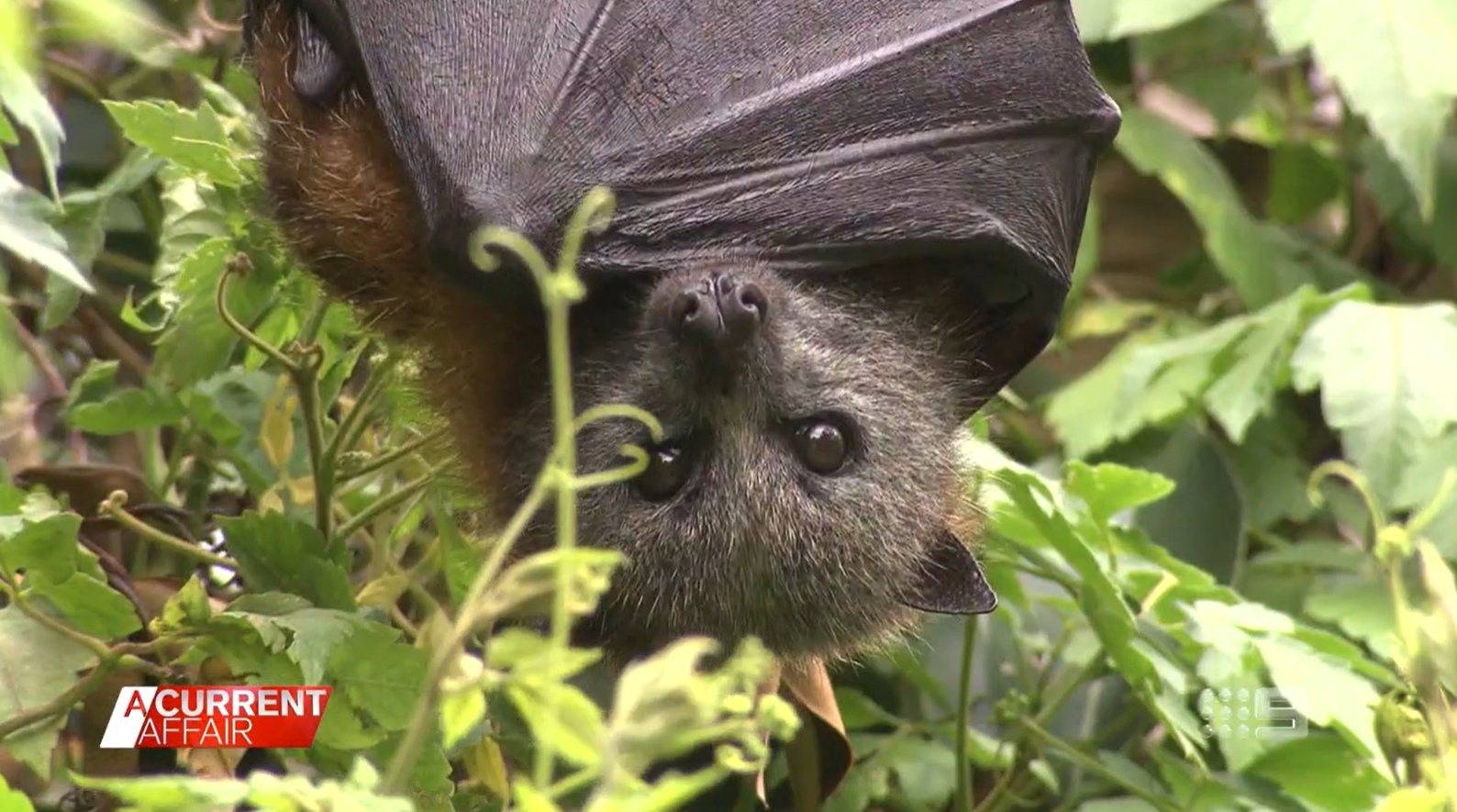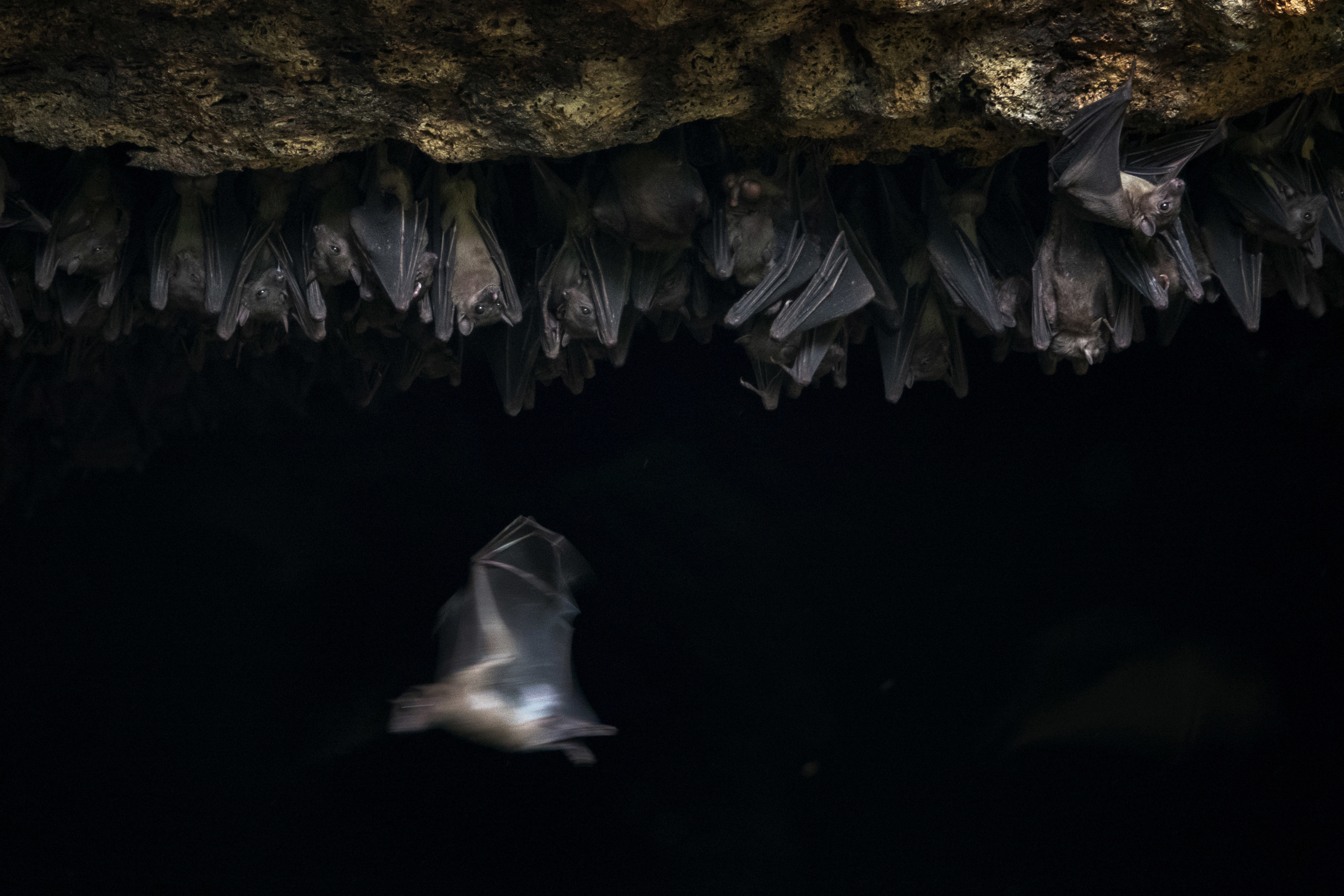South Australians are being urged not to touch any bats after five cases of a "rabies-like disease" have been detected this week.
Australian Bat Lyssavirus (ABLV) can be transmitted to humans who are bitten or scratched or come into contact with saliva from an infected bat, according to SA Health.
If treatment is delayed after symptoms present, it could result in death.
READ MORE: Twenty schools shut as heatwave raises bushfire risk in parts of NSW
Only nine cases have been diagnosed in the state since 2012, including the five detected this week.
"While only one per cent of bats usually carry ABLV, this recent detection is concerning and serves as an important reminder that bats should only ever be handled by appropriately trained and vaccinated animal handlers," SA health deputy director Dr Louise Flood said
"The risk of the development of ABLV can be minimised through prompt wound management and treatment but it is important to avoid contact in the first place."
READ MORE: 'What is cheating?': Uni students want more clarity on ChatGPT use
Animals can also contract the infections so pet owners are being warned to make sure their animals avoid contact with bats too.
"If you notice bats around your home, or encounter bats when out with your pets, ensure your animal is physically separated from them to prevent interaction," acting chief veterinary officer Dr Elise Spark said.
"This can be done by relocating the pet indoors or elsewhere or keeping dogs on lead," Spark said.
"It is important to remember the valuable role bats play in pollination and pest insect control.
"Pets are not at risk of contracting ABLV if interaction is avoided."
If you do come into contact with a bat the immediate action you should take is below.
- Cleaning the area with soap and water for at least fifteen minutes
- Applying antiseptic with anti-virus action such as povidone-iodine
- Contacting a doctor or hospital emergency department immediately and commencing a course of post-exposure prophylaxis if necessary
You can report injured bats on 8486 1139 or 0475 132 093.
If your animal comes into contact with a bat the animal disease helpline is 1800 675 888.





